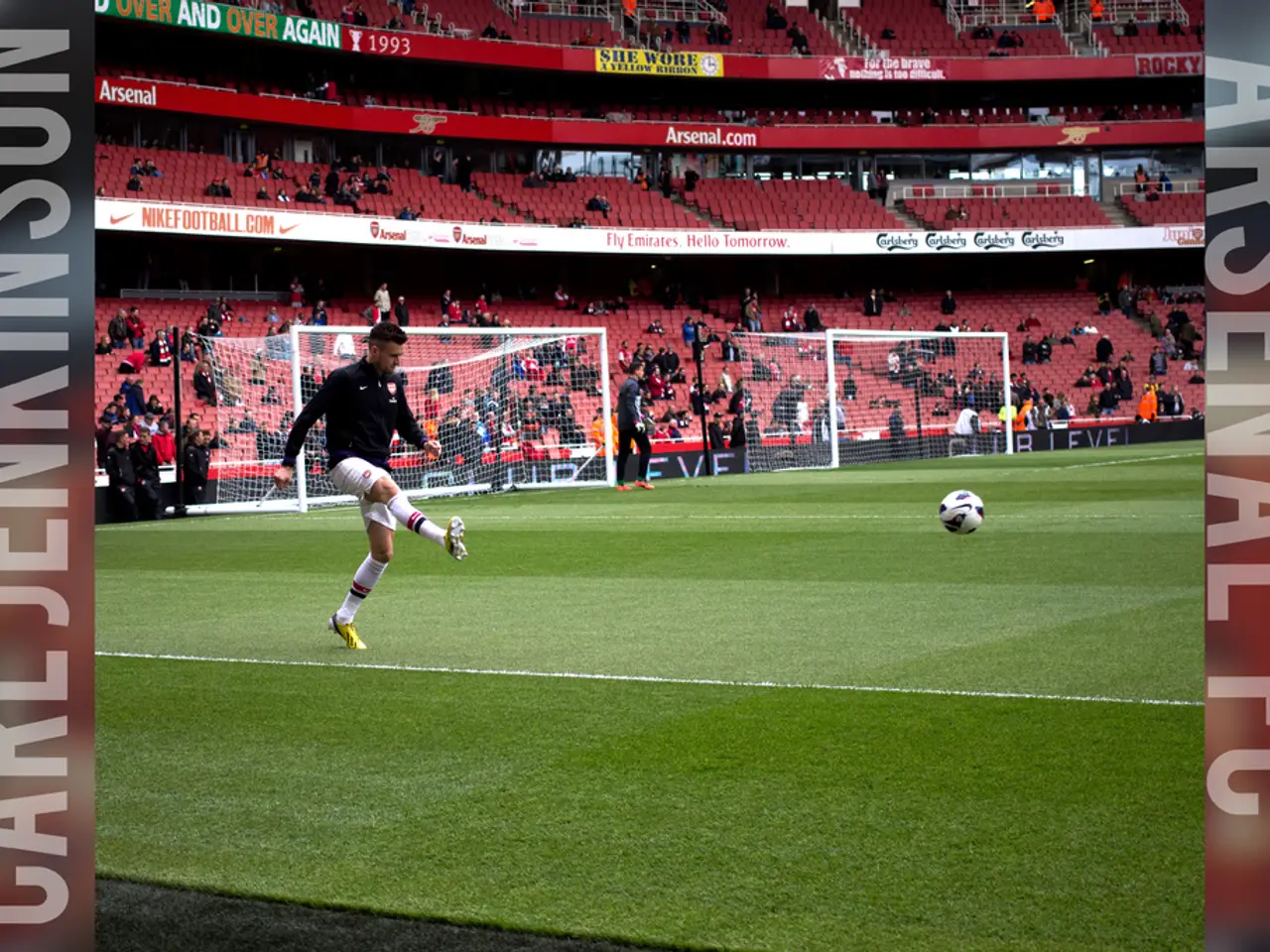Temporary Pause on Family Reunification for Certain Refugees
Federal Parliament advocates for a shift in policy: halting family reunification is proposed
Germany's parliament, the Bundestag, has made a move to temporarily halt family reunification for refugees holding subsidiary protection status, lasting for two years. This is part of a series of planned reforms in immigration policy by the federal government [1][2][3].
In response to this change, the Left and Greens critics accused the ruling coalition of pushing well-integrated immigrants aside, aiming to scrap the year-old naturalization for people with exceptional integration achievements after only three years. However, other parts of the revised citizenship law passed by the traffic light government remain intact, including the possibility of dual citizenship and a reduction of the waiting time for regular naturalization from eight to five years [1][2].
Alexander Dobrindt, Federal Interior Minister (CSU), argues that a single reform alone is not enough, stating that it's about "implementing a migration turnaround" that requires multiple measures [1]. Members of the Left Party, such as Ferat Kocak, view this as a direct attack on Germany's people [1].
The pause mainly affects Syrian refugees, with 444 votes in favor of the decision in the Bundestag. Opponents, who argue that refugees need emotional support from their families for successful integration, cried "brutal" at the decision [1].
By limiting family reunification, the German government hopes to reduce immigration, alleviate pressure on social systems, and curb human trafficking [1]. Exceptions may apply for hardship cases, such as bringing underage children or parents of unaccompanied minors to Germany [1].
The far-right Alternative for Germany (AfD) supports this legislative proposal as a positive step, while the Green Party's interior spokesperson, Marcel Emmerich, criticizes it as inhumane [1]. The Union Party defends the decision, stating that it concerns individuals who originally entered Germany illegally [1].
The integration commissioner for the federal government, Natalie Pawlik (SPD), calls for a shift away from negative migration debates. She believes that migration also presents opportunities for German society [1].
Some affected individuals have reportedly been waiting for years for the entrance of their relatives, with refugee rights organization Pro Asyl ready to explore legal steps to support them [1]. Previously, Pro Asyl took legal action when asylum seekers were turned back at the German border, following Dobrindt's order on May 7 [1].
Despite the administrative court in Berlin ruling against border turnbacks in a case involving three Somali asylum seekers, the government continues to uphold this practice [1].
Left-wing critics, such as Green parliamentary manager Irene Mihalic, question Dobrindt's justifications for turning away protection seekers in light of the Berlin Administrative Court decision [1].
Stationary border controls at the Austrian border have been in place since 2015, with other border sections following in recent years [1]. However, only those with an entry ban or who did not submit an asylum application were previously turned back. Since May 7, Dobrindt's order allows for the turnback of a larger number of individuals, including asylum seekers [1].
As of now, around 5,000 people have been turned back at the borders since May 7, with 264 being asylum seekers [1]. The lower ratio of asylum seekers among those turned back may be due to the increased awareness that submitting an asylum application no longer automatically grants entry [1].
[1] Friederich, A., & Kreutz, N. (2025). Germany Pauses Family Reunification for Subsidiary Protection Holders. Deutsche Welle. [2] DW.com. (2025). Germany and EU Agree on Asylum Overhaul. Deutsche Welle. [3] Hecht, G. (2025). Germany Moves to Cap Family Reunification for Some Refugees. Times of Israel. [4] Spiegel Online. (2025). Germany's New Immigration Policy Stirs Debate. Spiegel Online International. [5] Deutsche Welle. (2025). Germany:"Green Light" for Tougher Immigration Laws. Deutsche Welle.
- The Left and Greens parties have accused the ruling coalition of prioritizing immigration policy-and-legislation over the general-news of individuals with exceptional integration achievements, proposing to scrap the three-year naturalization after only three years.
- While the left-wing criticizes the current policy-and-legislation as inhumane, such as the temporary halt on family reunification for refugees, other parts of the revised citizenship law, like the possibility of dual citizenship and a reduced waiting time for regular naturalization, remain unchanged.







